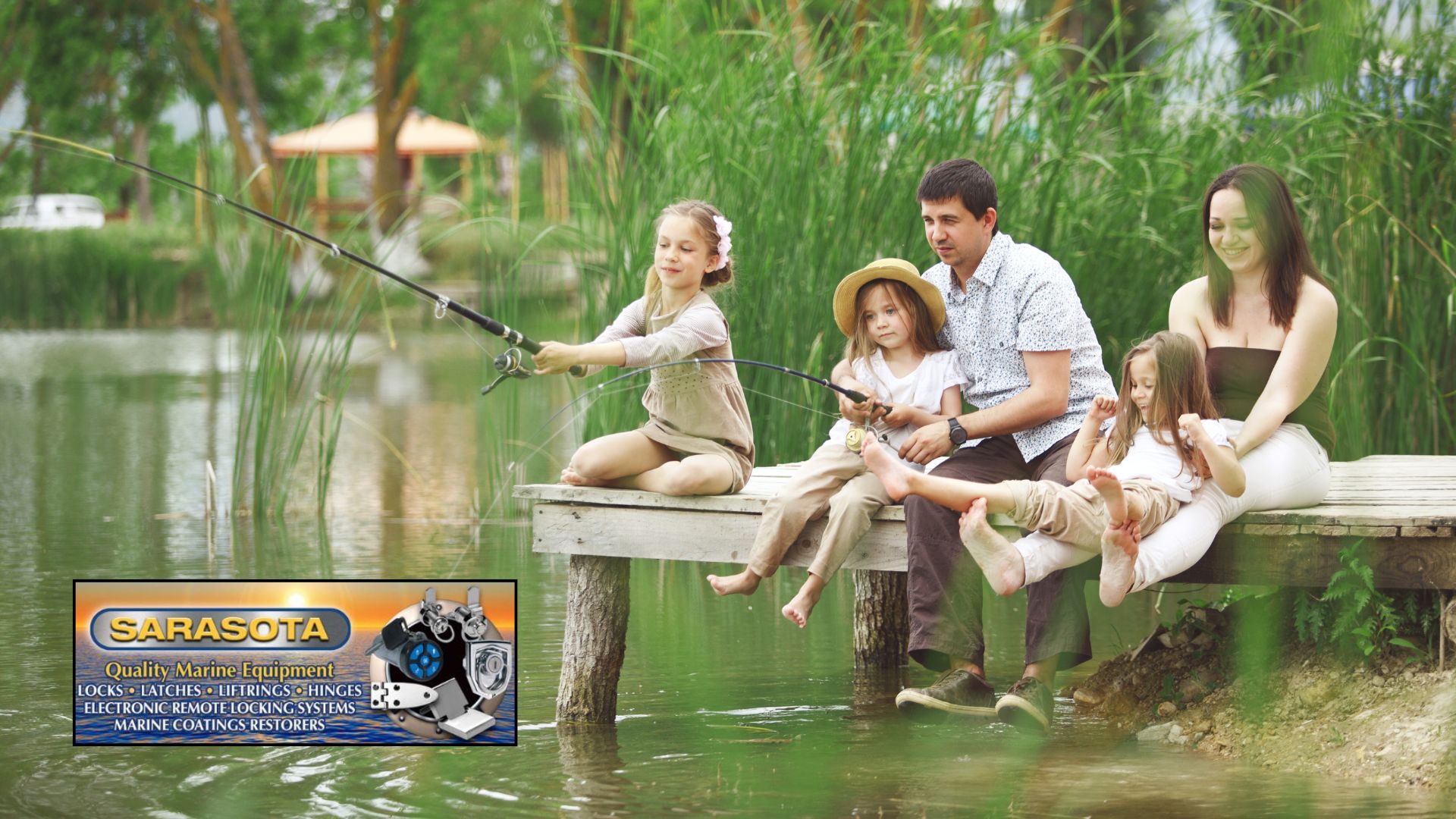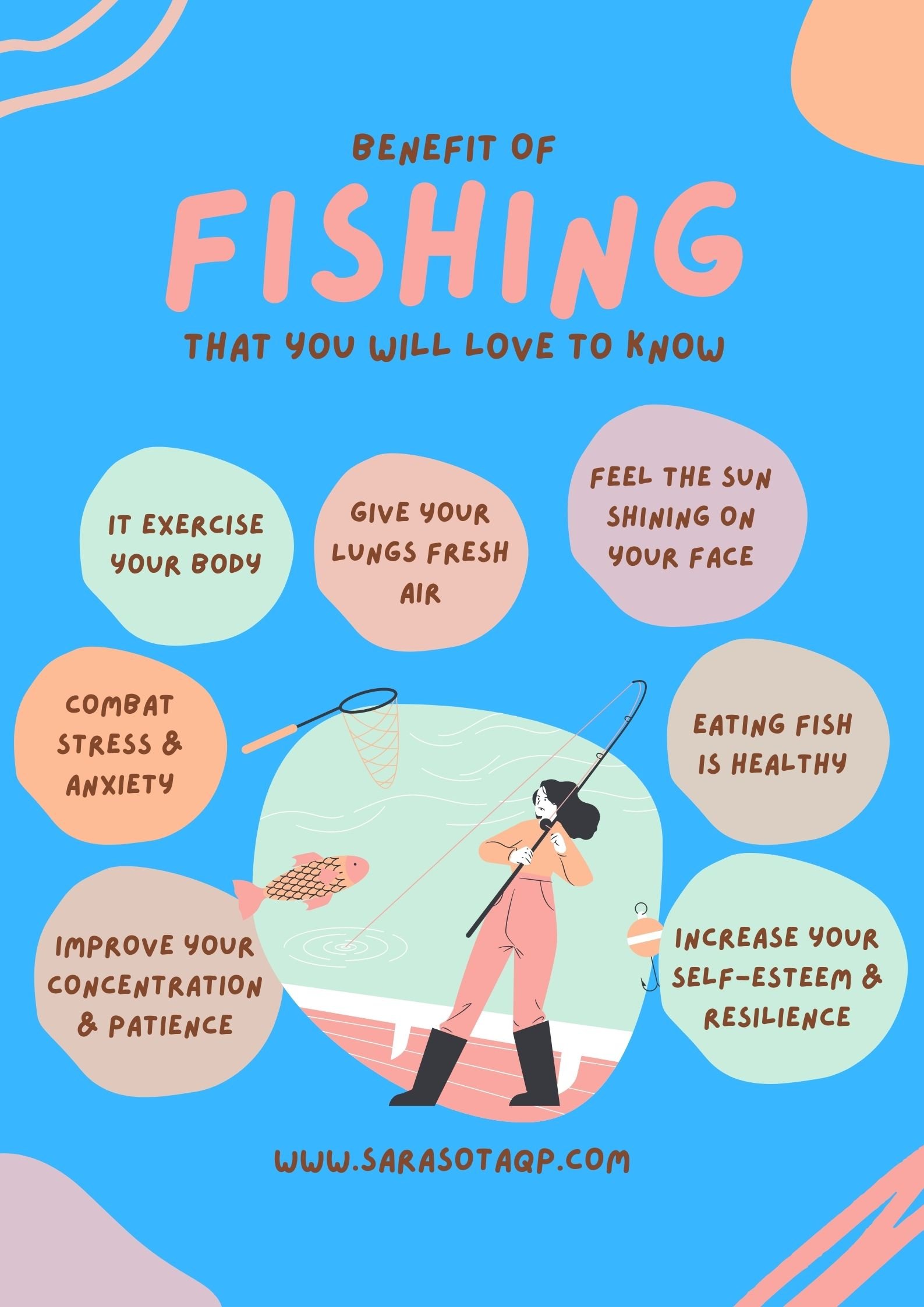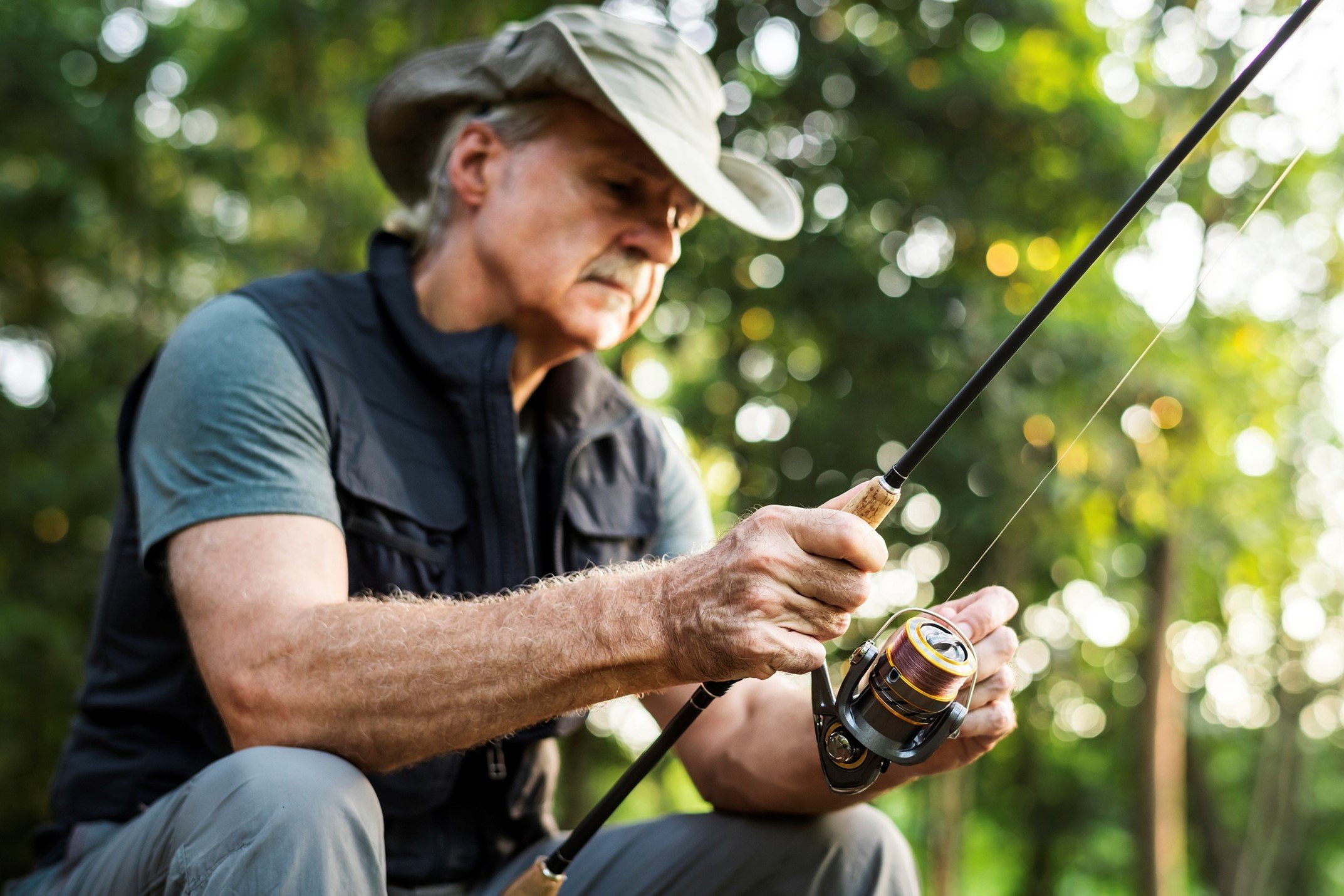The image of a parent and child walking to their favorite fishing hole, poles slung over shoulders as the sun rises, has been immortalized in American culture through iconic television moments like the Andy Griffith Show and beloved songs about fishing. It represents something timeless about parenting – those special moments of connection that happen away from screens and schedules.
The Magic of the Night Before
Long before the morning alarm sounds, the real adventure begins – under cover of darkness with flashlights in hand. For generations, families have participated in the time-honored tradition of “night crawling” – hunting for earthworms that emerge from their burrows after sunset.
This tradition typically begins when children are around six years old, creating an early impression that often lasts a lifetime. Many adults still fondly remember their first night crawler hunt – the thrill of being out after dark with a purpose, armed with flashlights and collection containers.
The ritual involves careful stepping through dewy grass, the beam of light catching the shimmer of worms stretched across the lawn. Children learn quickly to grasp these creatures gently but firmly before they can retreat back into their holes.
Children often excel at this activity. Their keen eyesight, proximity to the ground, and natural fascination with small creatures make them excellent worm hunters. The excitement of searching for creatures in the darkness taps into children’s natural sense of adventure.
Educational Moments in Disguise
What appears to be simple bait collection actually delivers numerous educational opportunities. Children learn about:
- Nocturnal animal behavior
- Weather patterns (worms emerge more readily after rain)
- Soil ecology and the role of earthworms
- Patience and observation skills
- Respect for living creatures
Many biology educators recommend night crawler hunting as an excellent hands-on science activity that doesn’t feel like formal education. The experiential learning sticks with children because it’s attached to excitement and adventure.
The Sweet Anticipation
After the night’s hunt, the collected worms are typically stored in containers with some dirt and grass, ready for the morning ahead. Children often struggle to fall asleep, knowing what awaits them at dawn.
This anticipation builds a special kind of excitement that’s increasingly rare in our instant-gratification world. Children learn the value of preparation and patience – that some of the best experiences require planning and waiting. The multiple alarms set rarely need to go off, as young anglers are usually wide awake before the first light.
Morning Arrives
When dawn finally breaks, the previous night’s adventure fuels the morning’s expedition. There’s something deeply satisfying about using bait you’ve collected yourself, knowing the effort that went into the preparation.
First catches become especially meaningful when they’re the culmination of this two-part adventure. The pride children feel isn’t just about landing the fish – it encompasses the entire process from bait collection to the final catch.
Creating Lasting Memories
These dual adventures – night crawling followed by early morning fishing – create layered memories that often stay with children throughout their lives. Many parents report these outings becoming the stories their grown children reference years later.
Even college students returning home for breaks often ask to revive these traditions, showing how these simple experiences create bonds that technology and teenage years can’t break.
The Professional Perspective
Our recent Facebook poll revealed an interesting split among anglers, with 50% preferring artificial baits and the other 50% saying it depends on the situation. Notably, not a single respondent indicated they exclusively use live bait like night crawlers for their serious fishing. However, many anglers acknowledge that learning with live bait as children gave them a fundamental understanding of fish behavior and feeding patterns that informs their techniques today.
Keeping Your Gear Secure
For families with boats, the excitement of these fishing adventures comes with responsibility. The Key Captain Boat Locking System from Sarasota Quality Products has become increasingly popular among fishing families.
After spending the evening collecting night crawlers and preparing gear, the last thing anyone wants is to arrive at their boat and find equipment missing. The Key Captain system lets parents secure all compartments and hatches with a simple click of a remote, giving peace of mind while also teaching kids about responsible boat ownership.
The system’s ability to control lighting is particularly valuable for those early morning departures, allowing families to board safely in pre-dawn hours without fumbling for switches.
Tips for Your Own Night Crawling Adventure
For families looking to create their own memories:
- Choose a lawn that hasn’t been chemically treated
- Go out after a light rain when the ground is damp
- Use red-filtered flashlights (worms are less sensitive to red light)
- Move slowly and carefully – sudden movements cause worms to retreat
- Bring small containers with some soil for storing your catch
- Remind children to handle worms gently
- Prepare fishing gear the night before to save time in the morning
A Tradition Worth Continuing
In a world where children’s activities often involve screens and structured programs, the simple pleasure of hunting night crawlers followed by early morning fishing offers something increasingly precious – unstructured time in nature with family.
Experienced fishing guides can often tell which children have experienced the full process – from bait collection to casting. These young anglers typically demonstrate a deeper appreciation for the sport and more patience. More importantly, they seem to understand that fishing isn’t just about catching fish – it’s about the entire experience, including the preparation and anticipation.
Whether you’re an experienced angler or someone who hasn’t held a fishing pole since childhood, consider reviving or beginning this tradition with the young people in your life. The worms you find and the fish you may or may not catch are ultimately less important than the connections you’ll build and the memories you’ll create.



